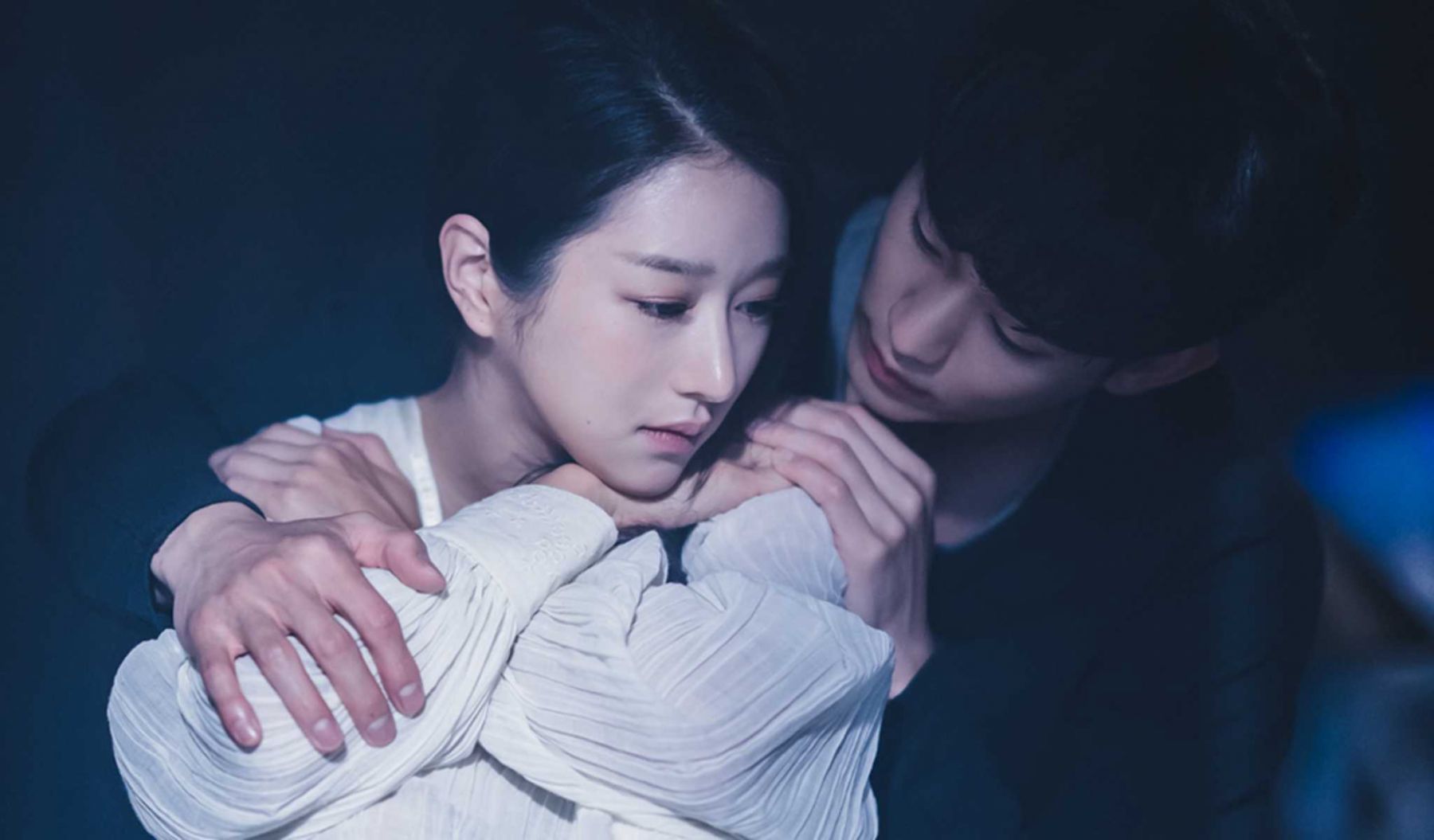The exploration of mental health within contemporary society has become increasingly pertinent, and the Bahá’í teachings provide a profound lens through which to examine this crucial aspect of human experience. One innovative approach that has garnered attention is the use of drama as an educational tool. This method generates a multifaceted understanding of mental health, intertwining the arts with psychological wellness. Drama, in its various forms, not only entertains but also educates, fostering empathy, cultivating awareness, and prompting introspection.
At the heart of Bahá’í teachings lies the recognition of the intrinsic worth of every individual, embodying the principle that each person has the capacity for growth and transformation. The application of drama serves to amplify these tenets by presenting narratives that resonate with audiences on an emotional and intellectual level. Through compelling storytelling, one can elucidate the intricacies of mental health challenges, thereby destigmatizing these issues and promoting open dialogue.
By engaging with drama, individuals are invited to step into the shoes of characters facing various mental health dilemmas. This immersion fosters a sense of empathy—a core Bahá’í principle. Empathy transcends mere sympathy; it is a profound understanding of another’s experience. When audiences are exposed to the struggles of characters grappling with anxiety, depression, or trauma, they are afforded the opportunity to develop a more nuanced perspective of these conditions. This engagement not only cultivates compassion but also aids in dispelling misconceptions often associated with mental health issues.
The narratives presented in dramatic works can serve as vehicles for self-reflection. For instance, a character’s journey through turmoil can mirror the audience’s own experiences, prompting viewers to confront their feelings and thoughts. This reflective process is vital in recognizing one’s mental health state, ultimately enabling individuals to take proactive steps in seeking help or support. In this way, drama acts as a catalyst for personal revelation—aligning with the Bahá’í perspective that individual transformation is essential for collective progress.
The educational potential of drama extends beyond personal introspection. It can also ignite curiosity within communities regarding mental health topics. Educational plays and performances can be designed to address specific mental health issues, providing audiences with both entertainment and information. As discussions around mental health continue to evolve, drama offers a unique platform for these conversations, allowing for diverse viewpoints to be shared and valued. This communal engagement can diminish stigma and foster a culture of support.
Moreover, the collaborative nature of theatrical productions embodies the Bahá’í principle of unity. When individuals from varied backgrounds come together to create a dramatic work, they simultaneously cultivate an environment of mutual respect and understanding. This synergy not only enhances the quality of the performance but also exemplifies a model for society—one where collaboration and shared purpose can lead to meaningful change in perceptions surrounding mental health.
In recognizing the broader societal implications, it is essential to consider the role of drama in educational institutions. Schools and universities can incorporate theatrical elements into their mental health curricula, creating safe spaces for students to express themselves. Workshops that involve role-playing scenarios pertaining to mental health can empower students with tools to better navigate their own emotions and those of their peers. Such experiences also lay the groundwork for fostering resilient communities—key to the Bahá’í vision of a harmonious society.
The influence of drama in advocating for mental health awareness reflects the Bahá’í commitment to the betterment of humanity. By utilizing the arts as a medium for education, individuals are not only engaged but also inspired to take action. This dynamic interaction can lead to the development of initiatives aimed at mental wellness, such as support groups or awareness campaigns rooted in the stories presented on stage.
Furthermore, the therapeutic aspects of drama should not be overlooked. Performing arts therapy has shown promise in aiding individuals who struggle with mental health challenges. The act of creation, whether through writing, acting, or directing, allows for the expression of emotions that may otherwise remain unarticulated. This cathartic experience reinforces the Bahá’í belief in the importance of creative expression as a part of human development and well-being.
It is also crucial to acknowledge the transformative power of observing drama. Experiencing a well-crafted performance can evoke a range of emotions—laughter, sorrow, anger—that prompt contemplation on the human condition. These reactions can serve as catalysts for dialogue about mental health within familial and social circles, encouraging more informed discussions and a shared understanding of the complexities associated with mental wellness.
Additionally, the interdisciplinary nature of drama can be leveraged to address specific cultural contexts surrounding mental health. In various cultures, different narratives and methodologies may resonate more profoundly. Therefore, the adaptation of dramatic works to reflect cultural sensitivities can enhance their impact. By respecting and integrating local customs and beliefs into theatrical narratives, the educational power of drama can be further amplified, ensuring that the message of mental health awareness is universally accessible.
In conclusion, the intersection of Bahá’í teachings and the educational power of drama presents a compelling framework for addressing mental health issues. By leveraging the arts, society can foster an environment rooted in empathy, understanding, and collaboration. As we continue to explore innovative avenues for mental health awareness, the integration of drama into our educational spheres holds significant potential to reshape perceptions, ignite curiosity, and ultimately promote healing—one performance at a time.
